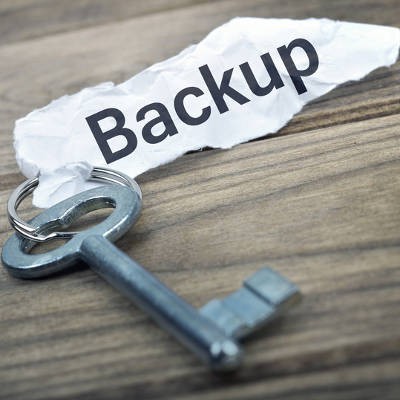Ferrum Technology Services Blog
Data backup is important for businesses that want to keep their data safe in the event of a disaster scenario, but each organization’s specific needs will vary. One thing is important to keep in mind, though, and it’s that your business can’t afford to not have data backup. In other words, you need to be prepared for any situation so that you aren’t left wondering if you’re ready to deal with a disaster scenario.
How confident are you that your business could survive a worst-case scenario? Organizations should always be ready to go in case they are struck by overwhelming odds, be it a hacking attack or a natural disaster. How would your business respond to a disaster scenario? Do you have a business continuity plan put in place so that you can guarantee your organization survives to see the light of another day?
Each organization has a different definition for how they define a disaster. One business might feel that they can get away with losing a few files here and there, while another might need every file to be secure and protected against data loss. Regardless, the importance of being able to define the severity of a disaster cannot be underestimated, as you will need to properly gauge just how much hot water your business has landed in before it can pull itself up by the bootstraps and push forward.
How would your company react to the worst-case scenario of your technology failing during a critical moment? By this, we mean a server unit failing or a hardware failure causing a catastrophic loss of data. There are other situations where you experience a similar loss of data, including natural disasters that completely destroy physical infrastructure; yet, the end result is the same, and it keeps your business from functioning as intended.
You must consider a series of worst-case scenarios if you want to protect your business in the long run. While various factors such as physical security, employee training, and network security can help you mitigate the majority of issues you face, what happens when each of these efforts fails? You know what they say--prepare for the worst and you’ll never be surprised by a data loss event again.
Your business could stand to learn quite a bit from the way that financial institutions handle business continuity. Technology is a central part of the way that Federal Reserve Bank (FRB) and the Securities and Exchange Commission (SEC) function, as well as the companies that these organizations oversee. Data loss and downtime are the arch nemeses of these organizations, so it makes sense that you look at what these organizations do to prevent it.
Your business is much more vulnerable to dangerous entities than you’d care to admit. Think about it--all it takes is one unexpected event to cause untold amounts of chaos for your business. To make matters worse, these events are often outside of your control. Data loss incidents might be unpredictable, but they can be soothed thanks to a little bit of preventative management.








